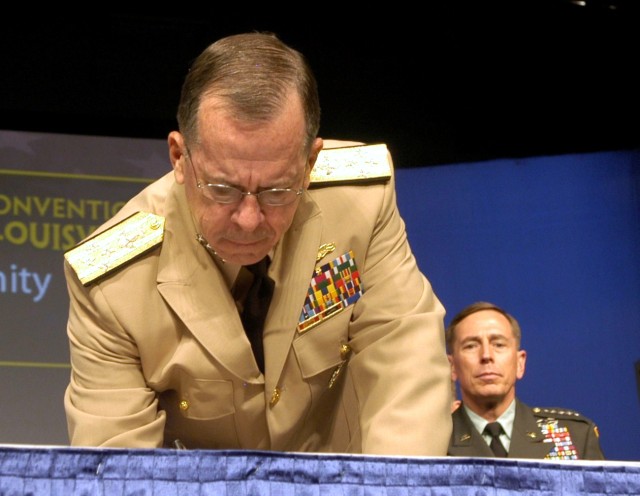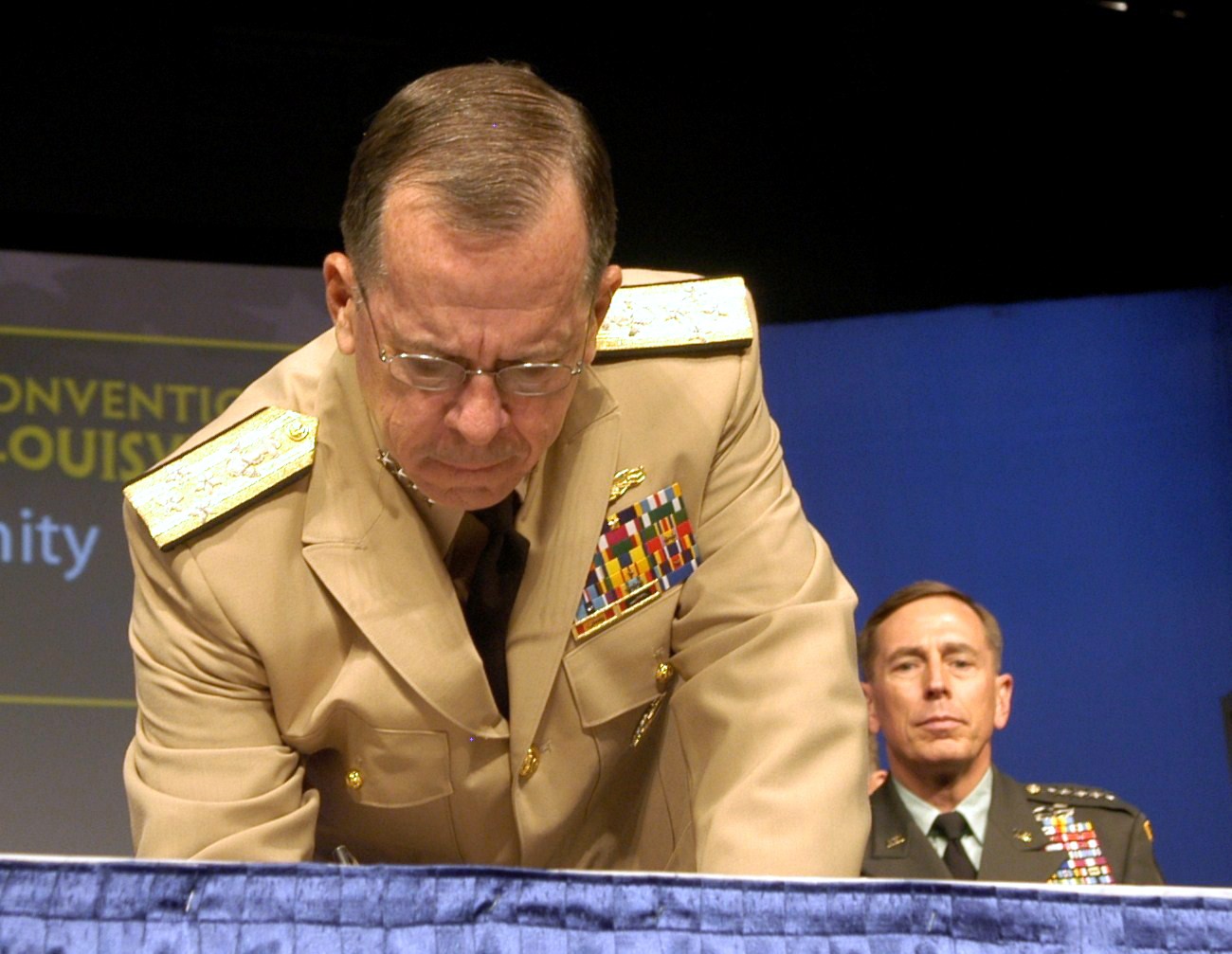ALEXANDRIA, Va. (Army News Service, Dec. 29, 2009) -- As a result of multiple deployments over nearly nine years of war in two theaters, many families of servicemembers are choosing to remain in their established neighborhoods or return to a relative's hometown when their Soldier deploys.
In many cases, this means resources commonly found on military installations aren't available to them for the duration of the deployment.
The Army has hired 61 community support coordinators located across the U.S., Alaska, Hawaii, Guam, American Samoa and Japan to help connect these geographically dispersed military personnel with community service systems.
CSCs work to engage and invite community organizations to partner with the Army, which has led to new programs and initiatives of support. Continued partnership with community organizations will provide an extension to the services traditionally offered by garrison programs. These partnerships will result in servicemembers and their families being able to access services wherever they reside.
According to Karen Conrad, a family programs specialist at the Army's Family and Morale, Welfare and Recreation Command, CSCs work to identify resources and build partnerships with community organizations.
These services are then available to family programs staff of the active Army, National Guard and Army Reserve to build connections for Soldiers and family members so they have a link to a full range of information and services even if they don't live on or near an installation. Building these collaborative partnerships ensures access to services when and where they are needed.
"The CSCs have been very instrumental in connecting geographically dispersed Soldiers and families to services. This initiative is a new way for the Army to do business, reaching beyond the traditional brick and mortar approach,Aca,!A? Conrad said. Aca,!A"Community organizations want to step up and partner with the military, but don't always know how they can make the connection. The CSCs provide them with the information they need to build that partnership," Conrad said.
CSCs have been trained by Army OneSource and the Citizen Soldier Support Program at the University of North Carolina's Odum Institute for Research in Social Science at Chapel Hill.
The program is a result of an Army family action plan issue and the Army family covenant. Army OneSource, FMWRC, Installation Management Command, National Guard and the Reserve are all pulling together to develop a strategic partnership to standardize Soldier and family support programs and service delivery regardless of component or geographical location.
AOS provides easy access to services for those living far outside garrison borders through the online portal at http://www.myarmyonesource.com/default.aspx, and through finding services delivered by community partners and other government organizations.
Most programs and agencies, such as schools, nonprofit agencies, faith-based, legal and financial service organizations, as well as behavioral health and government organizations - state and local government, veteran's affairs, for instance - are unaware of the number of Army personnel or families who live in their community or utilize their services.
The Army community covenant is a way of formally introducing these servicemembers and organizations.
Since April 2008, 85 communities have signed community covenants, and often the events are an opportunity to announce new regional initiatives or programs to support servicemembers. CSCs play a key role in providing the connection between the military and the community following the Community Covenant signing ceremonies.
"It's incumbent upon us to look in our own backyards...and to figure out who's out there serving our country and what kind of support they need. We need to make sure, as a community, that we're coming together around those families," first lady Michelle Obama said at Fort Bragg, N.C., in March of 2009.
Besides the connections initiated by CSCs, the AOS portal compiles credible and up-to-date information in a single location for access at any time of day, regardless of component or physical location. It organizes articles, videos and resources in major categories, such as family programs and services, healthcare, Soldier and family housing, child, youth and school services; education, careers and libraries; recreation, travel and BOSS (Better Opportunities for Single Soldiers); and Communities and Marketplace.
"The AOS portal is an important part of the picture and is a one-stop-shop for resources. The CSCs provide outreach to the community and, in turn, populate viable service information on the AOS portal. Soldiers and Families can have local services at their fingertips and access information regardless of their component or where they reside," Conrad said.
"Visiting the new CSC pages on the AOS portal will provide a wealth of information, services and events in each local area. Looking for something in particular' Contact information can be found on the CSC content pages. Keep checking back to find out what's new in your area," Conrad said.
(Rob McIlvaine serves with FMWRC public affairs.)


Social Sharing